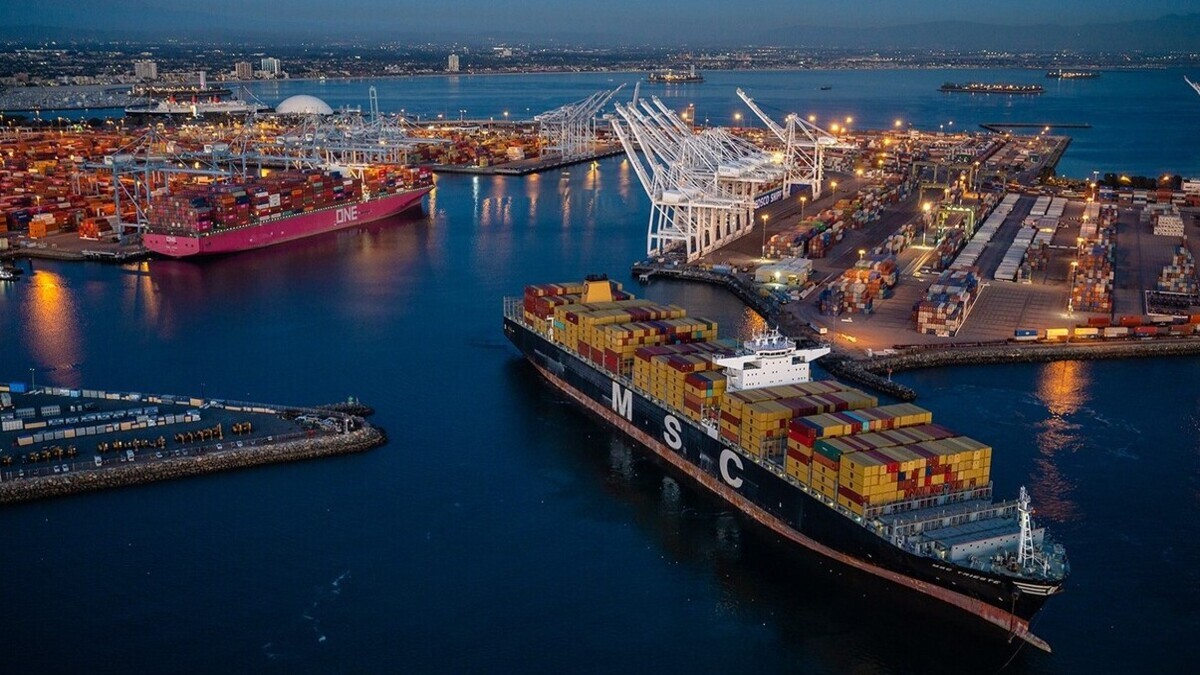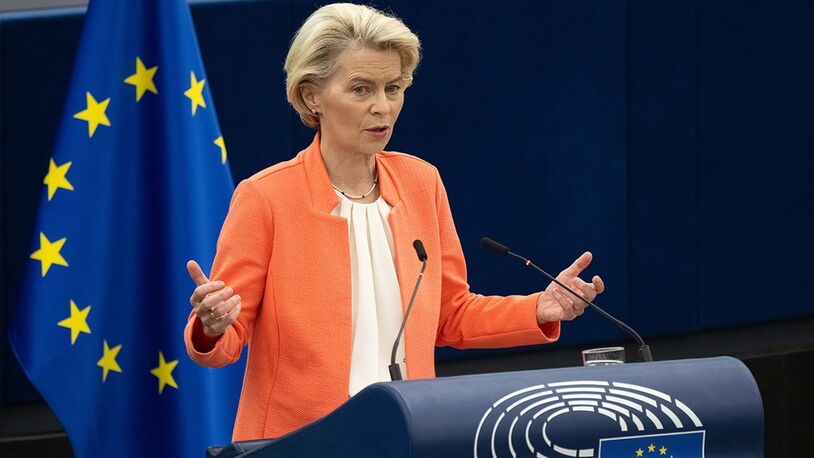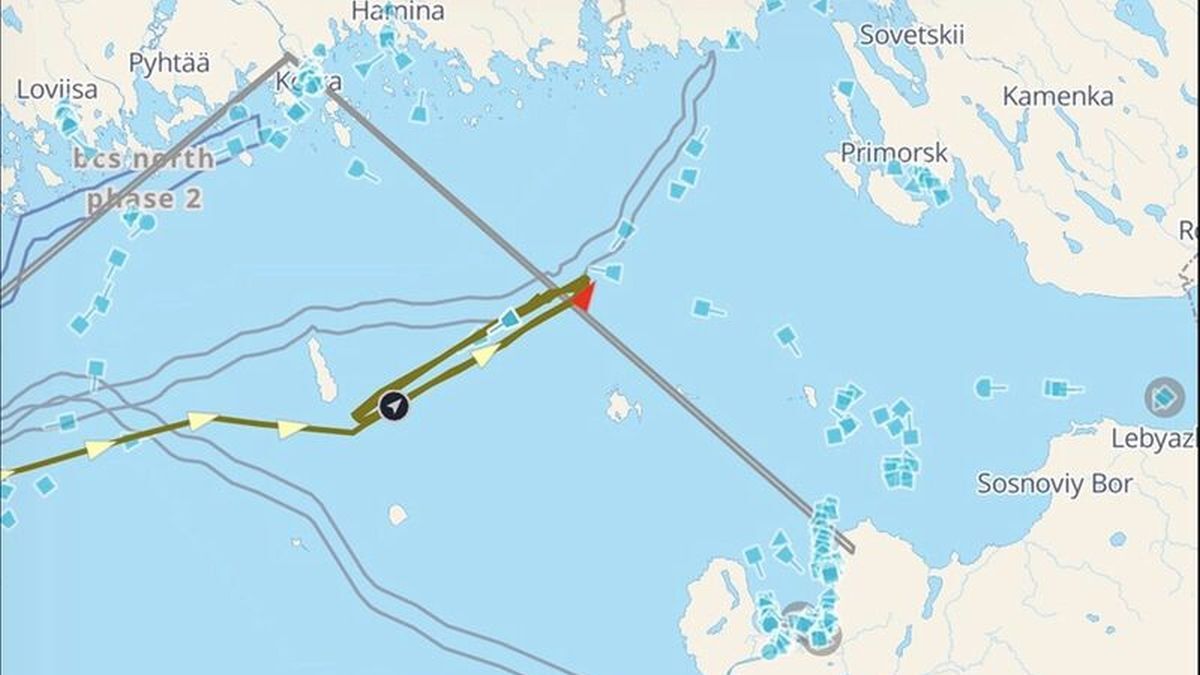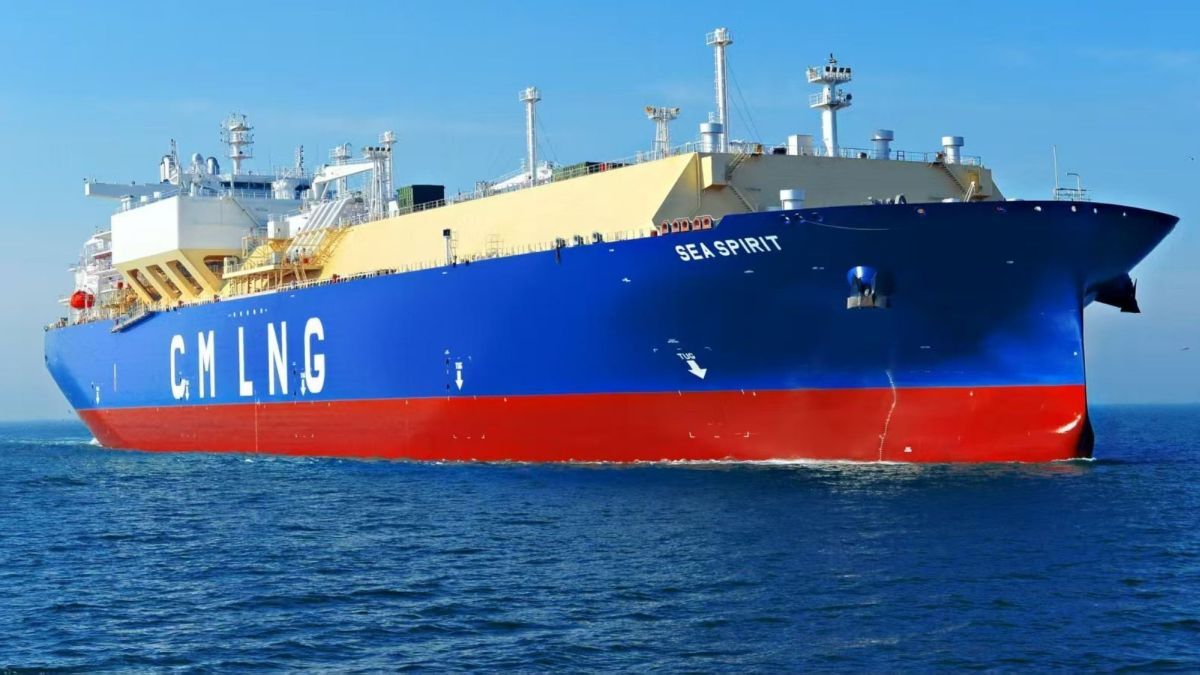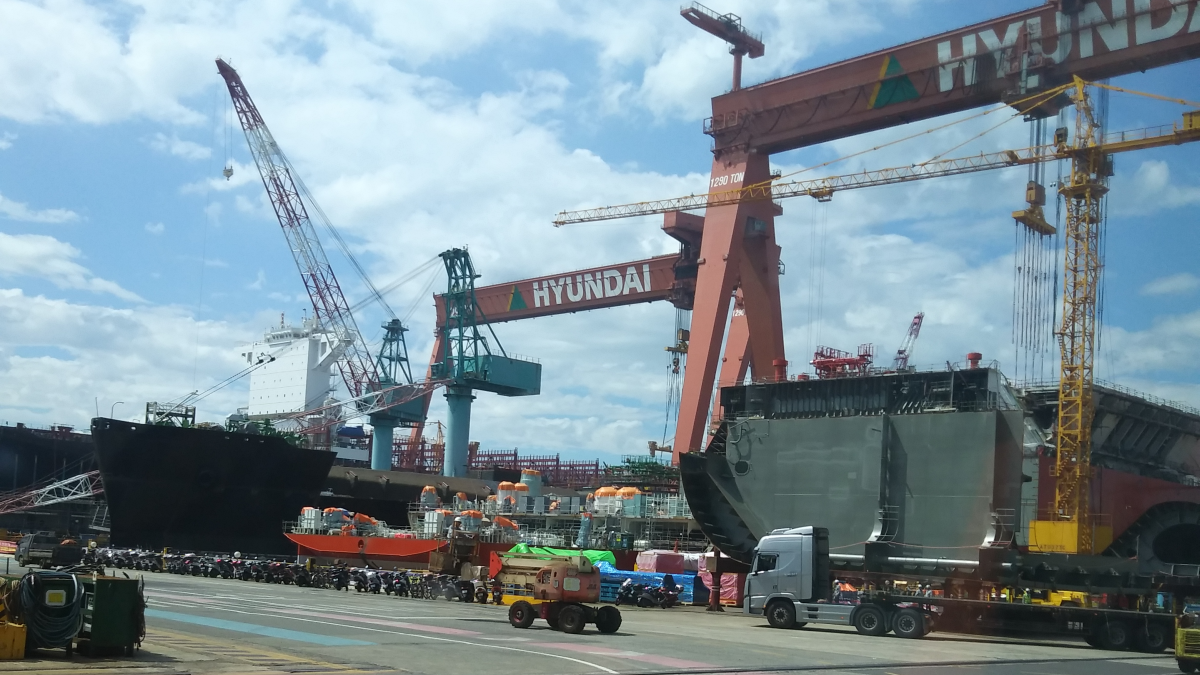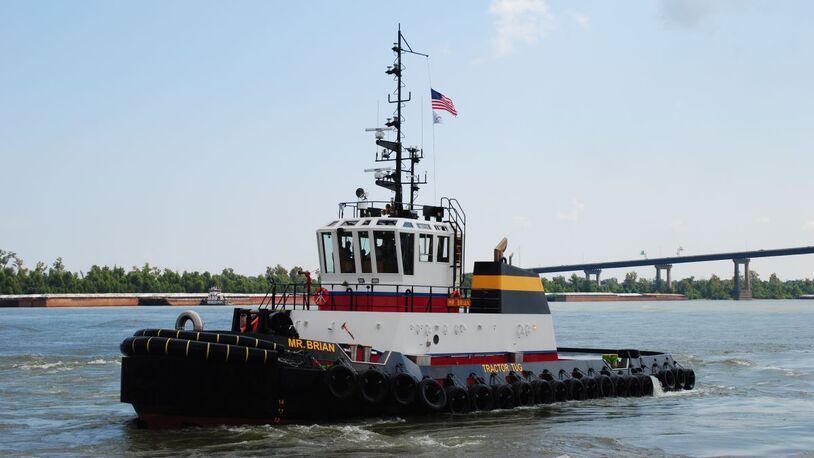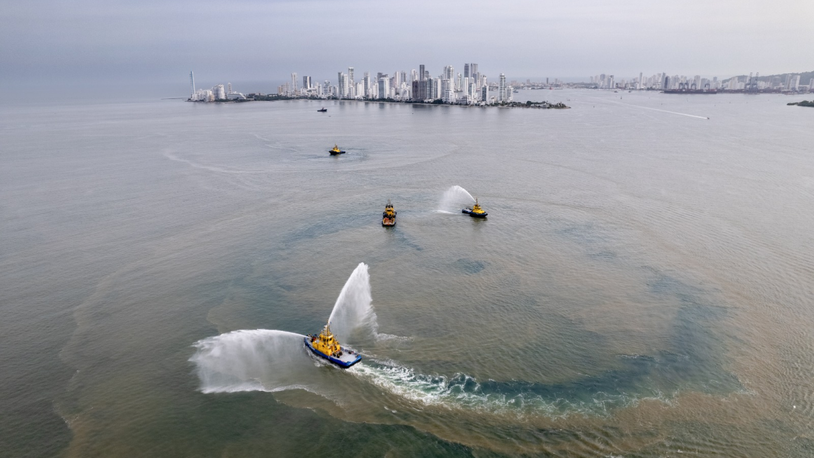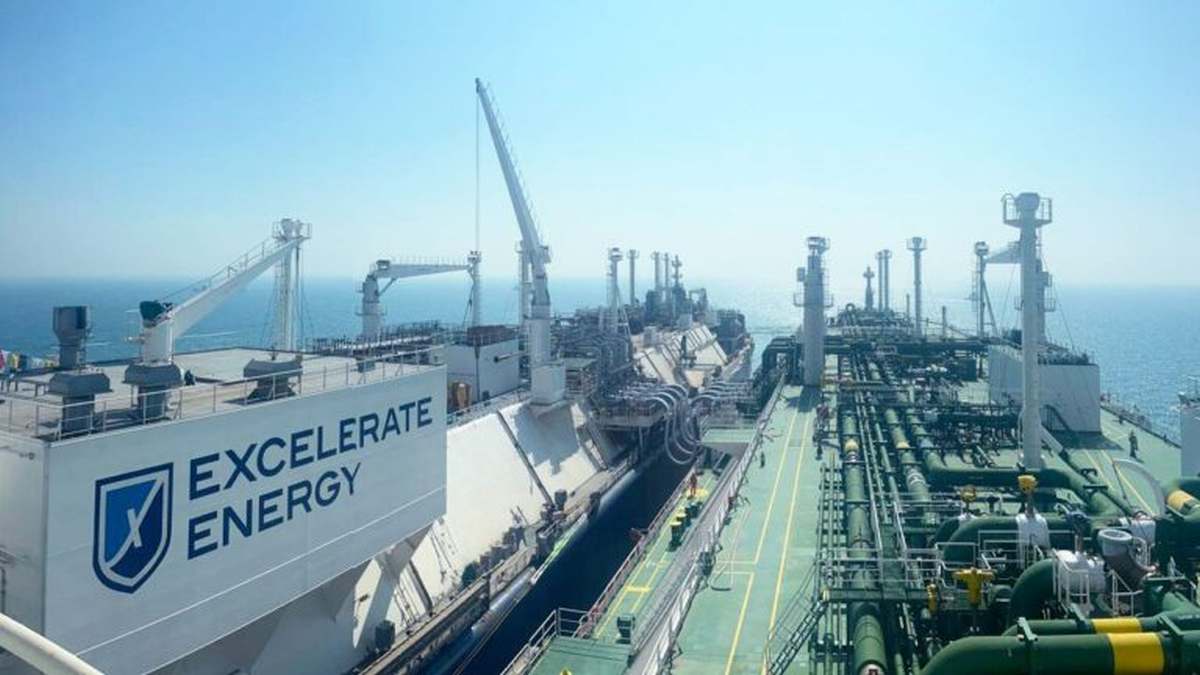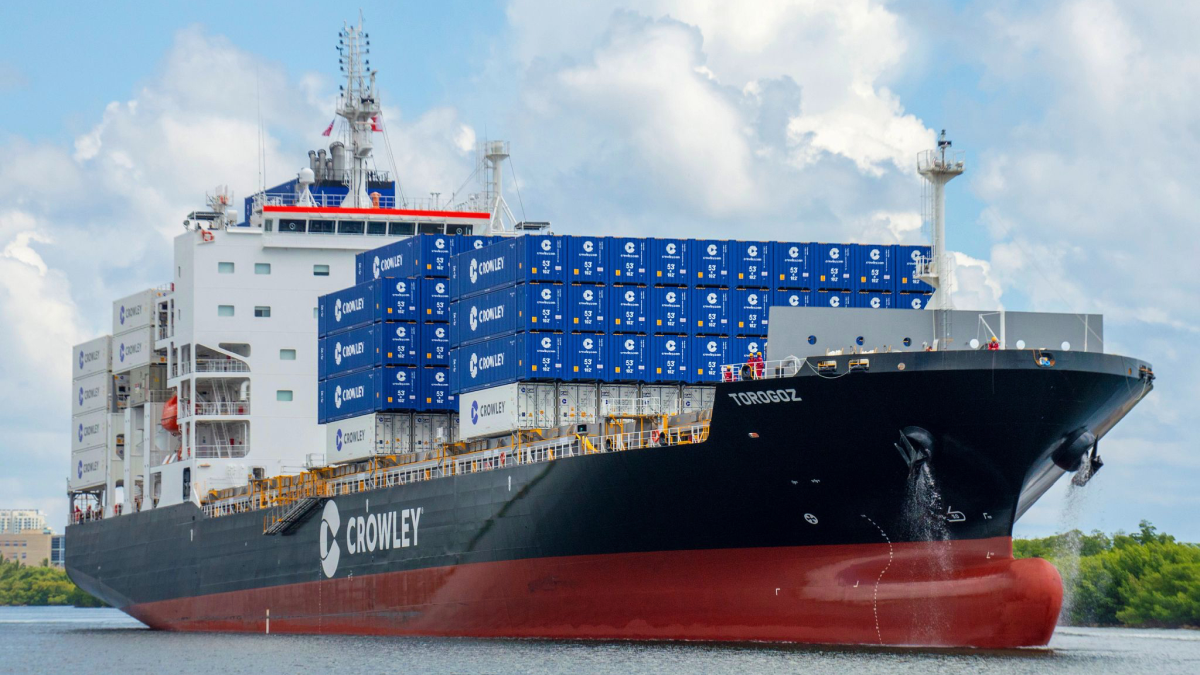Business Sectors
Events
Contents
Register to read more articles.
Container alliances in White House’s crosshairs, FMC urged to increase oversight
The White House has reiterated concerns over the monopoly the three global liner alliances have on imports and exports to and from the United States and called on the Federal Maritime Commission to increase its oversight over the liner sector
In July, President Biden signed an executive order to increase competition which encouraged the FMC to vigorously prohibit ocean carriers charging unfair fees to exporters and importers.
As liner shipping is a deregulated industry, the FMC does not set container rates, however the White House called on the agency to increase oversight over the industry, adding that while the alliances between the carriers receive statutory immunity from antitrust laws, the FMC can challenge those agreements if they “produce an unreasonable reduction in transportation service or an unreasonable increase in transportation cost or substantially lessen competition.”
In recent months, the rise in cost of shipping between Asia and the US west coast has meant it is more profitable for ocean carriers to load empty containers or return without a full ship instead of waiting for loaded containers to get into the port. This in turn has driven container rates to record highs.
Blaming the major box ship alliances – 2M, Ocean Alliance and THE Alliance – the White House said, “The share of exported containers at the two ports that are empty has risen from around 55% in the five years preceding the pandemic to over 70% so far this year.”
“Today, a system of global alliances dominates global shipping where nine carriers that have been organised into three alliances control about 80% of the global shipping market and 95% on the critical East-West trade lanes. Alliances only controlled 29% of the market as recently as 2011. This lack of competition leaves American businesses at the mercy of just three alliances. Retailers are charged fees for their container remaining on the docks, even if there is no way to move their containers. If the alliances decide to not accept exports, agricultural exporters will not be able to fulfil their contracts, and farmers’ perishable products may be left to rot.”
However, after a review earlier this year, the FMC reported it found no market manipulation on prices between the ocean liners.
Strong consumer demand continues to drive high volumes of goods. Speaking to American network CBS in early November, FedEx chief executive Fred Smith said, “This year we’re forecasting we will deliver 100M more shipments in this holiday season than we did in 2019,” and the White House confirmed inventories are higher than last year, with the ports of Los Angeles and Long Beach both reporting moving record volumes.
Backlog at the ports eased up last week, with the number of ships waiting to unload at the aforementioned ports standing at 71 container ships anchored offshore on 19 November, down from a high of 86 earlier in the week.
The Biden administration also called on the US Congress to do more to support the FMC, noting that the regulator tasked with overseeing the giant oceans shipping sector has a paltry annual budget of around US$30M and argued that current laws do not require carriers even basic transparency in this sector, for example, there is no public reporting of the detention and demurrage fees carriers are charging their customers.
The Ocean Shipping Reform Act of 2021, a bipartisan bill sponsored by California Democrat John Garamendi and South Dakota Republican Dusty Johnson proposes legislation towards longer-term reform to shipping laws and is currently referred to a sub-committee on Coast Guard and Maritime Transportation.
The White House concluded, “Reforms to our shipping laws would help further improve our ability to get goods in and out of this country more quickly and cost effectively, and strengthen opportunities for US businesses to connect with global markets.”
Related to this Story
Events
Offshore Support Journal Conference, Americas 2025
LNG Shipping & Terminals Conference 2025
Vessel Optimisation Webinar Week
© 2024 Riviera Maritime Media Ltd.


